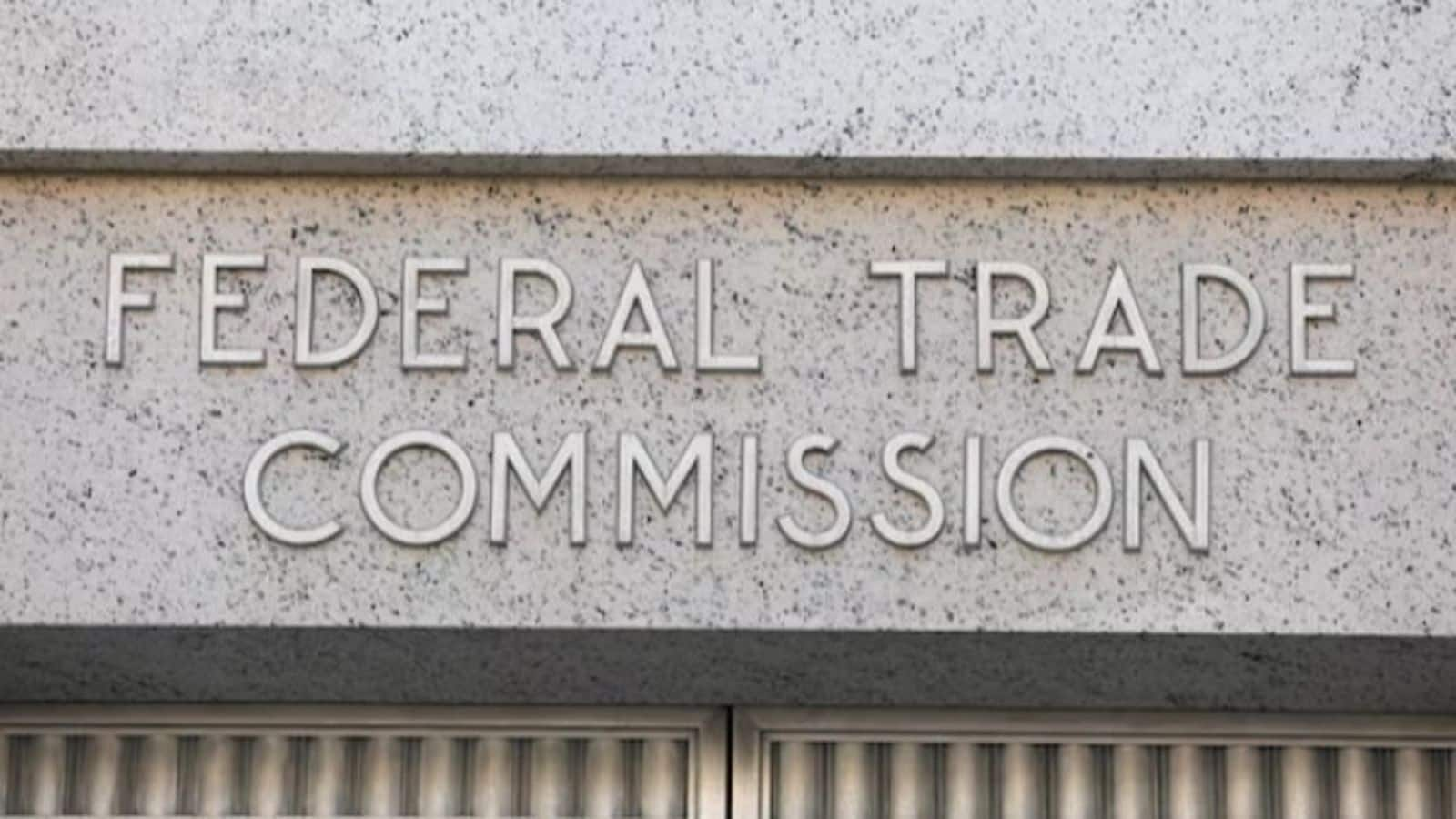
US FTC moves to ban non-compete agreements for most jobs
What's the story
The US Federal Trade Commission (FTC) has taken a decisive step to ban most non-compete agreements.
These are employment contracts that often hinder employees from switching to competitor firms or starting their own businesses.
FTC Chairperson Lina Khan stated these agreements restrict workers' mobility, even when better opportunities with higher pay or improved working conditions are available.
The proposal, first introduced in January 2023, is slated for implementation later this year.
Public feedback
Experiences of workers adversely affected by non-compete agreements
In the run-up to the vote, the FTC received an overwhelming number of 26,000+ public comments.
Khan shared some experiences of workers who were adversely affected by non-compete agreements.
She underscored cases where employees felt stuck in unhealthy work environments due to these contracts.
One particular instance involved an employee unable to switch jobs because of religious disagreements with their employer's values, all due to a non-compete agreement.
Policy implications
Wages could go up by $300 billion annually
The FTC estimates that nearly one in five US workers, or around 30 million people, are currently bound by non-compete agreements.
The Commission predicts this policy change could potentially increase wages by almost $300 billion annually by fostering job mobility.
However, the prohibition does not apply to existing non-competes for senior executives at companies as these are typically negotiated individually.
The FTC has advised employers against enforcing other existing non-compete deals.
Opposition stance
Dissenters foresee future legal challenges
The decision was split 3-2 along party lines, with commissioners Melissa Holyoke and Andrew Ferguson dissenting, arguing that the FTC was overstepping its authority.
Holyoke foresees that the prohibition will face legal challenges and may eventually be overturned.
Following the vote, both the US Chamber of Commerce and tax services firm Ryan LLC, announced plans to legally challenge the FTC's decision.
They asserted that non-competes are crucial for protecting trade secrets, and promoting workforce training and development.